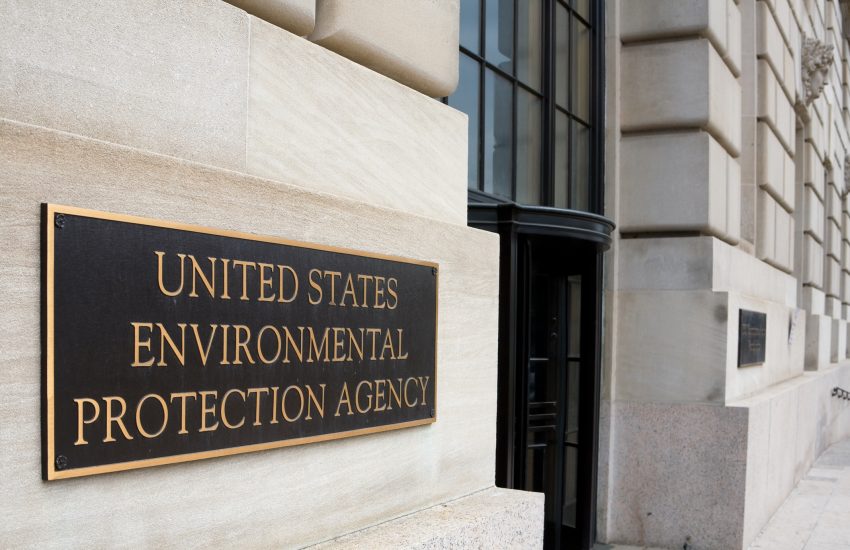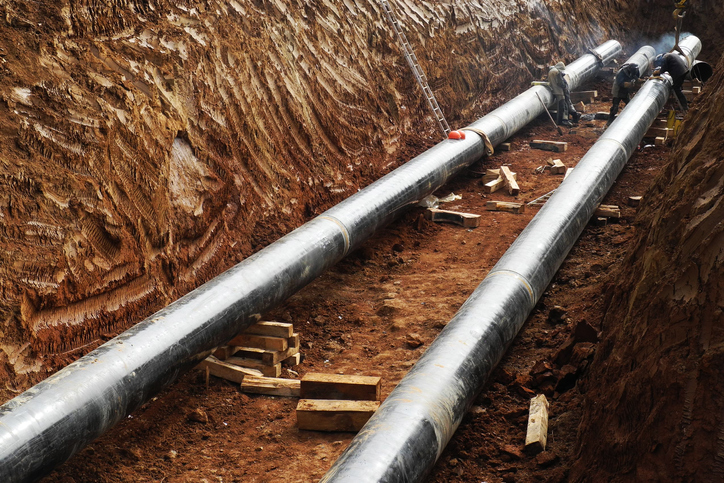Gov. Kathy Hochul’s recently enacted budget bill for 2025-2026 includes several important changes to the New York State Superfund program.
The Superfund was created to help enforce state hazardous waste regulations and to investigate and remediate contaminated sites. Overall, the amendments clarify the program and strengthen the state’s ability to enforce hazardous waste laws.
Separately, New York’s Navigation Law regulates petroleum discharges and imposes strict liability on petroleum dischargers. This means any person who discharges petroleum, regardless of fault, is liable for all cleanup and …
Continue Reading








